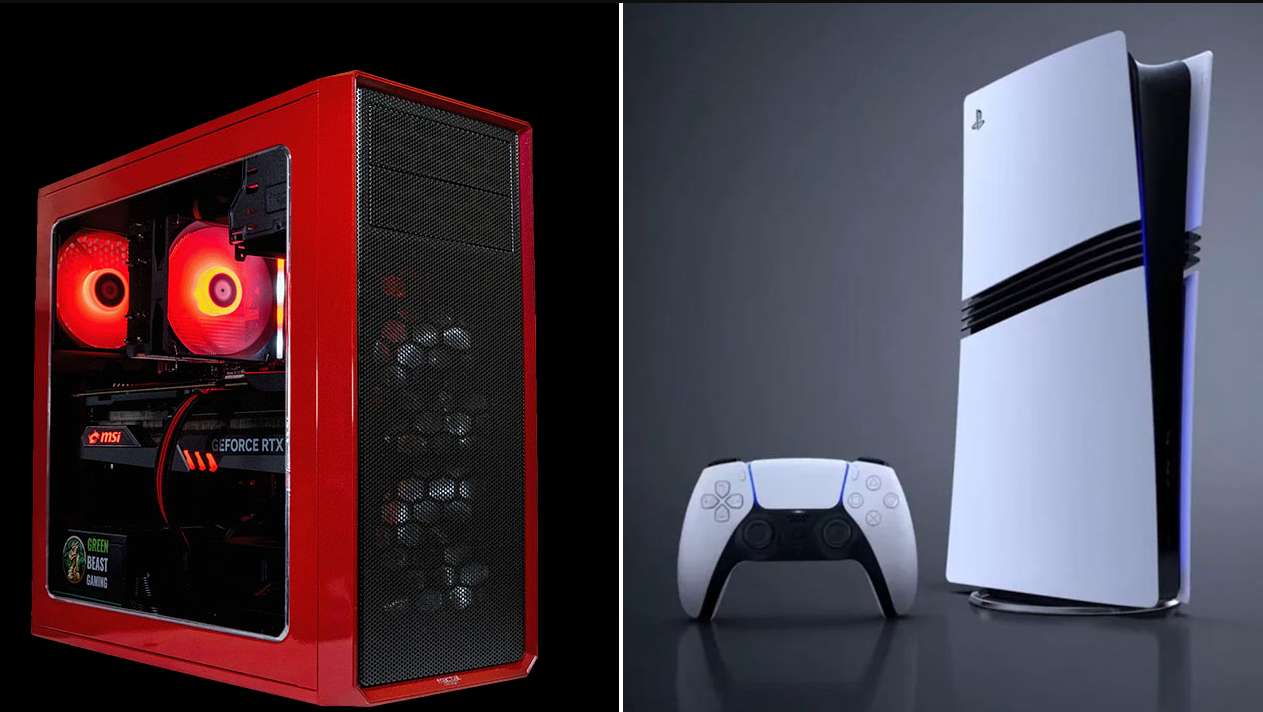In today’s world, the importance of saving electricity cannot be overemphasised. Not only does it help to reduce your energy bills, but it also helps to reduce your carbon footprint, which is important for protecting the environment. This is especially true of heaters, which are often one of the most energy-intensive appliances in a household. In this article, we’ll look at what types of heaters are the most energy efficient and how to choose and use them correctly.
Types of heaters
Infrared heaters
Infrared heaters emit waves that directly heat objects and people in the room rather than the air. This makes them ideal for rooms where fast and targeted heating is required.
Examples of Uses:
- In offices or work areas: Ideal for creating thermal comfort in specific work areas without having to heat the entire room.
- On outdoor porches or patios: Effective for heating outdoor spaces because they heat objects rather than air, which can quickly dissipate outdoors.
Oil radiators
Oil heaters work by heating the oil inside the unit, which then radiates heat into the surrounding space. These heaters heat up slowly, but once a certain temperature is reached, they provide a long and stable heat output.
Examples of Uses:
- In living rooms and bedrooms: Particularly effective for prolonged use, e.g. overnight in a sleeping room.
- In rooms with children and elderly people: Safe to use as the surface of the heater does not become excessively hot.
Convectors
Convectors heat the air, which then rises upwards, causing the heat to circulate naturally in the room. They heat a space quickly, but may be less efficient for large or poorly insulated rooms.
Examples of Uses:
- In flats and small houses: Good for heating small spaces quickly.
- As a supplementary heat source: Can be used to quickly raise the temperature in rooms where other types of heaters are installed.
Heaters
Heaters use a fan to spread heat. They are very efficient for quickly heating small spaces, but may not be economical when used for long periods of time.
Examples of Uses:
- In bathrooms and small offices: Great for heating these small spaces quickly.
- As a temporary heat source: Ideal for use for short periods of time, e.g. to heat a room in the morning.
Each of these types of heaters has its own unique benefits and is suitable for different usage scenarios. Selection of a particular type should be based on room size, required heating rate, energy efficiency and personal preference.
Comparative table of technical characteristics of heaters
| Type of Heater | Principle of operation | Energyefficiency | Suitable for | Power (W) | Heating time per 1 square metre (approx.) |
| Infrared heaters | Radiate heat, directly heating objects and people | High, especially in well-insulated rooms | Offices, homes, open spaces | 250-1500 | 15-30 min |
| Oil radiators | Heat the oil, which spreads the heat | Effective for long-term use | Living rooms, bedrooms, long-term continuous use | 1000-2500 | 1-2 hours |
| Convectors | Heats the air, creating natural circulation | Effective for fast heating of small rooms | Flats, supplementary heating in large rooms | 500-2000 | 30-60 min |
| Heaters | Use the fan to spread-heat losses | Efficient for fast heating, but can consume a lot of energy | Bathrooms, small offices, temporary use | 500-2000 | 10-20 min |
Energy efficiency
The energy efficiency of heaters is a key factor that influences their popularity and functionality. This means how efficiently the device converts the electricity consumed into heat energy. Let’s take a closer look at the energy efficiency aspects of modern heaters:
Thermostats and timers
Modern heaters are often equipped with thermostats and timers, which play a key role in improving their energy efficiency.
- Thermostats: These devices allow the heater to automatically maintain a set room temperature. As soon as the temperature reaches the set level, the heater automatically switches off, which prevents energy overconsumption.
- Timers: Timers allow you to set the heater’s operating time, eliminating the need for the heater to run continuously. For example, you can set the heater to switch on some time before you get home or switch off when you leave.
Optimisation of energy consumption
Some heaters are equipped with additional features that help to optimise energy consumption:
- Energy saving modes: These modes reduce energy consumption when a certain temperature is reached or when full power is not required.
- Presence sensors: Some models are equipped with sensors that detect the presence of people in the room. If the room is empty, the heater automatically reduces the temperature or switches off, thus reducing energy consumption.
- Smart control: Integration with home automation systems allows you to centrally control your heaters, customising their operation according to your preferences and daily schedule.
Examples of energy efficient technologies
- Ceramic heaters: These use ceramic plates that heat up faster and more efficiently, with less energy consumption than traditional heating elements.
- Infrared heaters with thermostats: These heaters radiate heat in a directional manner to reduce energy loss, and with thermostats that control the temperature, ensure optimal energy consumption.
Tips for selection and operation
There are a number of important aspects to consider when choosing and operating space heaters to ensure not only heating efficiency, but also energy savings, safety and durability of the unit. Here are some detailed tips:
Choosing a Heater
Consideration of the size and insulation of the room:
- For small, well-insulated rooms: Infrared heaters can be an ideal choice as they heat the local space quickly and efficiently.
- For larger rooms: Oil radiators are better suited as they provide long-lasting and even heat distribution.
Type of heater:
- Convectors and fan heaters may be suitable for quickly heating small spaces or as a supplemental heat source.
Operation of Heaters
Use of thermostats and timers:
- Thermostats help maintain a comfortable temperature by automatically switching the heater off when the set temperature is reached.
- Timers allow you to set the heater’s operating time, which helps to save energy, especially at night or when you are away from home.
Proper placement:
- Place the heater where it will most effectively distribute heat, avoiding enclosed spaces or locations close to flammable materials.
Regular maintenance:
- Clean and inspect the heater regularly for damage to ensure safe and efficient operation.
Energy conservation:
- Use heaters only when necessary and consider additional room insulation to reduce heating demand.
Safety
- Ensure that the heater complies with all necessary safety standards.
- Do not leave the heater switched on unattended, especially if there are children or pets in the house.
- Avoid using extension cords and adapters as they can overheat.
The most popular manufacturers of heaters
As of 2023, there are several manufacturers that deserve attention for their energy efficient heaters. Here are some of the most respected and popular brands in this field:
- DeLonghi: A well-known Italian manufacturer that offers a wide range of energy efficient heaters including oil radiators and ceramic heaters.
- Dyson: This British brand is renowned for its innovative heating and cooling technology. Dyson heaters often combine heating and ventilation functions with high levels of energy efficiency.
- Honeywell: American company offering a variety of energy-efficient heating solutions, including portable heaters and fan heaters.
- Rowenta: This French brand is known for its high-quality home appliances, including efficient heaters with various features and designs.
- Vornado: Specialises in creating heaters with swirling air distribution, providing even and efficient space heating.
These manufacturers offer a wide range of heaters to suit different needs and budgets, with a focus on energy efficiency and innovative technology.
Following these tips will help you choose the most suitable heater for your needs and operate it as efficiently and safely as possible.
Take your next step in the world of heaters with reBITme and enjoy the benefits. Enjoy your purchases!




